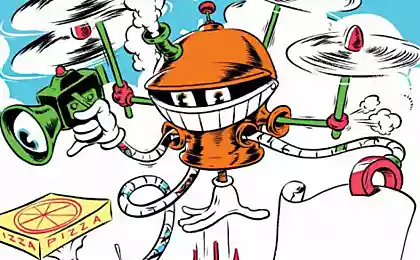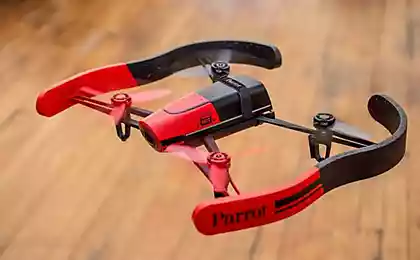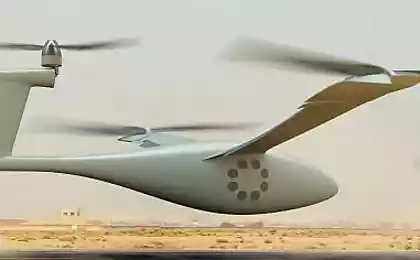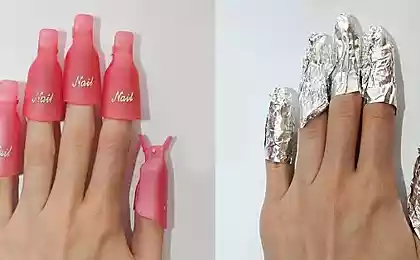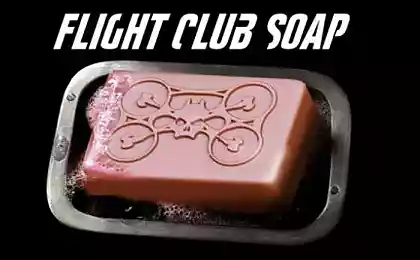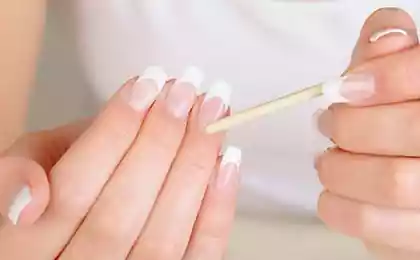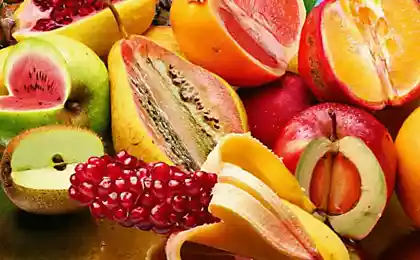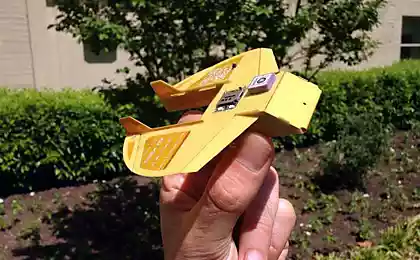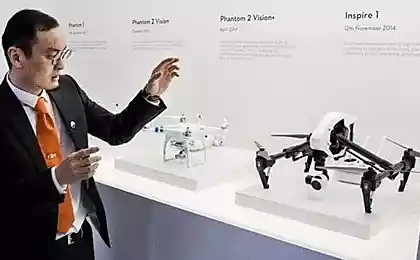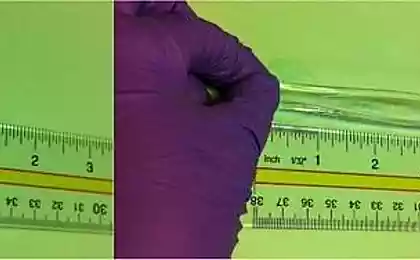482
Tiny drones for crop dusting
Steady decline in populations of wild and domestic bees observed in some regions of the globe, is the subject strong enough concern. After all, without the help of these tiny workers effective cultivation of some crops will be almost impossible. But a group of researchers from the National Institute of science and advanced technologies (Institute of Advanced Science and Technology, AIST), Japan, have found a way to solve this problem by using high technology. They propose to use miniature unmanned aircraft that will collect and transfer pollen with a sticky gel-covered hairs natural origin.
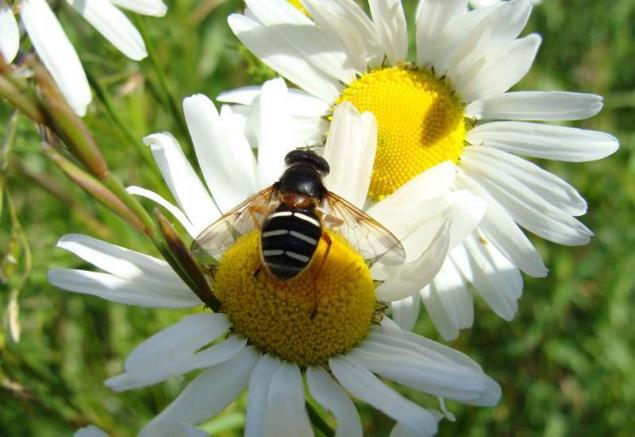
The impetus for this idea was the bottle of gel, a forgotten laboratory in the closet after one of the experiments in 2007. It turned out that this particular ion gel for the time has fully retained all of its sticky properties. Droplets of the gel placed onto the backs of ants placed inside the box with tulips, gathered in much more pollen than the ants, not the past of "masking treatment".
The next step made by scientists, was a tiny drone, bought in the nearest shop gadgets. On the surface of the aircraft scientists are stuck with the aforementioned gel hairs natural origin, which mimic short hairline honeybees. The presence of hairs provides a large area of capture pollen and friction static electricity allows you to more securely retain particles of pollen on the hairs.
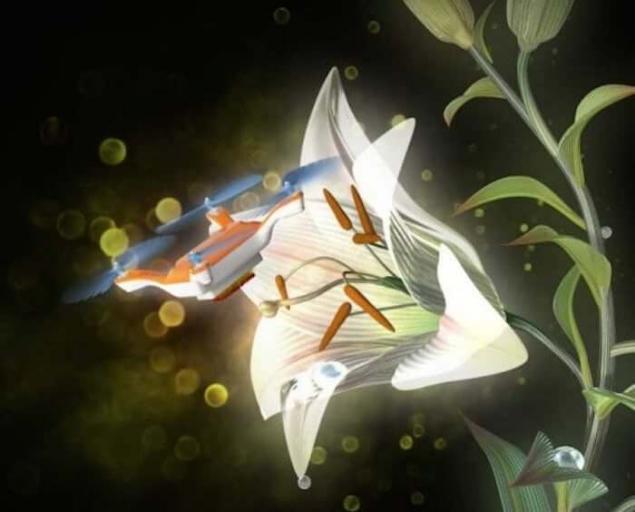
And this approach worked a hundred percent. The researchers used this device to fly around a few flowers, Japanese Lily, in this case, and found that all the flowers were securely opylene. In addition, the researchers used a second control group of flowers that they were trying to pollinate with the aid of drones, having them glued to the fibers. And, as it turned out, in the second case, all efforts were useless.
Of course, store-bought toy drones cannot be considered seriously as a replacement for insect pollinators. This will require a specially designed miniature aircraft, having a high efficiency of flight and control system which contain the main principles of the behavior of bees and other beneficial insects. In addition, such aircraft must be equipped with "eyes" and other senses, which will allow the army artificial pollinators to approach the capabilities of their living counterparts. published
P. S. And remember, only by changing their consumption — together we change the world! ©
Source: ecotechnology

The impetus for this idea was the bottle of gel, a forgotten laboratory in the closet after one of the experiments in 2007. It turned out that this particular ion gel for the time has fully retained all of its sticky properties. Droplets of the gel placed onto the backs of ants placed inside the box with tulips, gathered in much more pollen than the ants, not the past of "masking treatment".
The next step made by scientists, was a tiny drone, bought in the nearest shop gadgets. On the surface of the aircraft scientists are stuck with the aforementioned gel hairs natural origin, which mimic short hairline honeybees. The presence of hairs provides a large area of capture pollen and friction static electricity allows you to more securely retain particles of pollen on the hairs.

And this approach worked a hundred percent. The researchers used this device to fly around a few flowers, Japanese Lily, in this case, and found that all the flowers were securely opylene. In addition, the researchers used a second control group of flowers that they were trying to pollinate with the aid of drones, having them glued to the fibers. And, as it turned out, in the second case, all efforts were useless.
Of course, store-bought toy drones cannot be considered seriously as a replacement for insect pollinators. This will require a specially designed miniature aircraft, having a high efficiency of flight and control system which contain the main principles of the behavior of bees and other beneficial insects. In addition, such aircraft must be equipped with "eyes" and other senses, which will allow the army artificial pollinators to approach the capabilities of their living counterparts. published
P. S. And remember, only by changing their consumption — together we change the world! ©
Source: ecotechnology
